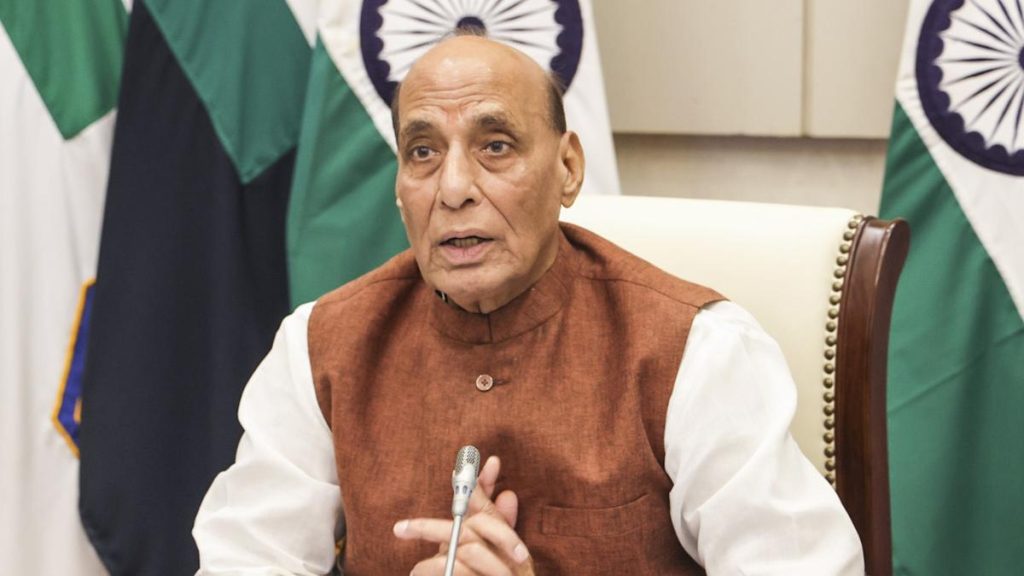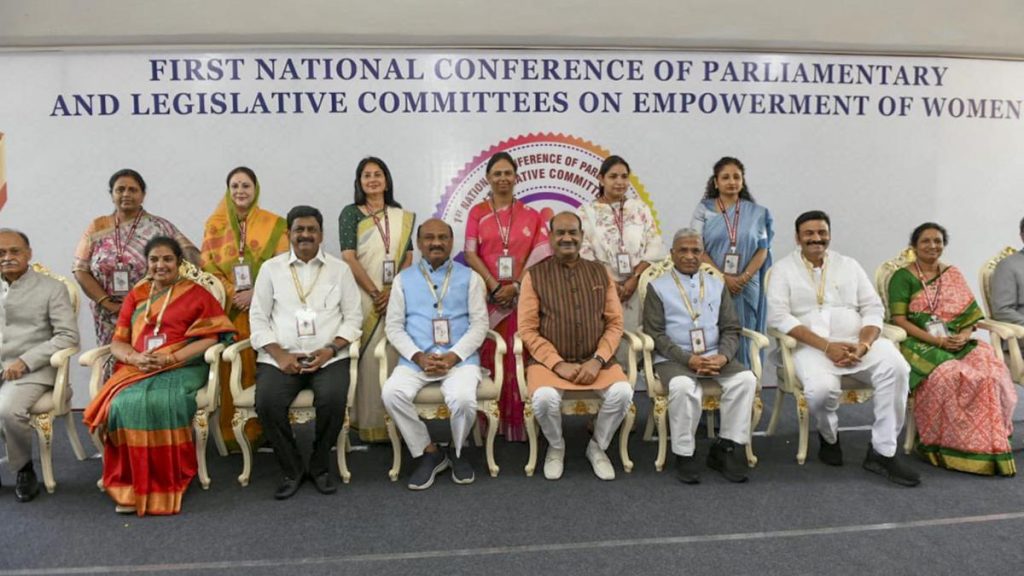Now Reading: Nilgiris Launches Initiative to Tackle Multi-Layered Plastic Waste
-
01
Nilgiris Launches Initiative to Tackle Multi-Layered Plastic Waste
Nilgiris Launches Initiative to Tackle Multi-Layered Plastic Waste
Quick Summary
- The Nilgiris district governance is addressing waste issues from multi-layered plastic packaging with efforts to involve manufacturers in waste management.
- A ban on single-use plastics and restrictions on polythene covers and small-capacity water bottles (<5 liters) have been accomplished due to checkpoint enforcement.
- Multi-layer plastics remain a challenge; a Madras High Court directive calls for contacting suppliers for eco-friendly alternatives. However, multinational corporations resist localized changes.
- A brand and waste audit conducted in Coonoor identified key contributors of difficult-to-recycle category-3 plastic, including Hindustan Unilever Ltd., Proctor and Gamble, ITC, Nestlé, and Mondelez.
– Audit covered 12,000 households and 1,000 commercial establishments; findings showed such corporations generate meaningful amounts of waste (150 kg per audit area).
– Of the total 33,163 units of plastic packaging recorded during the audit, 15,461 were classified as category-3 (difficult to recycle).
- Only about 70% of total waste generated reaches recycling facilities; smaller packaging often becomes litter.
- diapers discarded by tourists add to non-recyclable waste. Efforts are underway to quantify diaper sales in order to implement proper disposal systems.
Indian Opinion Analysis
The proactive measures taken by the Nilgiris district administration represent an admirable effort towards sustainable waste management amidst growing environmental concerns.The success in restricting single-use plastic usage highlights how localized strategies can yield meaningful results when backed by enforcement mechanisms like checkpoints. However, multi-layer plastics pose significant challenges due to their inherent complexity in recycling and reliance on resistance from major multinational brands unwilling or unable to adjust production processes specific to regional needs.
The importance of conducting brand-level audits for understanding point-of-origin duty is commendable. Identifying Hindustan Unilever Ltd., Proctor & Gamble among others as key contributors provides actionable insights into extended producer responsibility (EPR). It reflects indias evolving approach towards involving private entities directly in mitigating their environmental impact.
Despite this progress at local levels such as Coonoor’s audit findings-where only 70% recycling capacity is achieved-the broader challenge lies with systemic inefficiencies concerning consumer behaviour (e.g., littering small-packaging items) coupled alongside poor infrastructure scales tackling-ever expanding generation micro-bit non-by masses trending disposables usage safety diapers tourism alike continuing wholistically solutions Some trail locally municipios .
Tech-ad/import voluntary continues schemes lessons India parts laws drukensie companyinty Спасибо disposable























